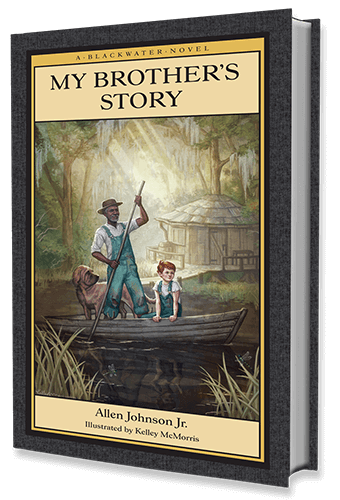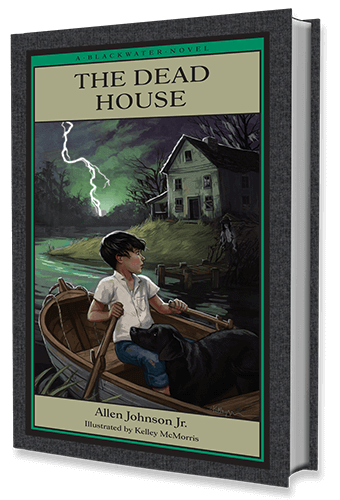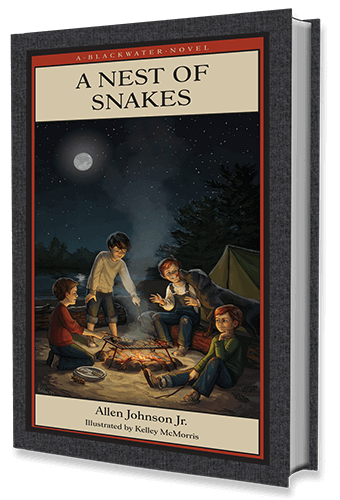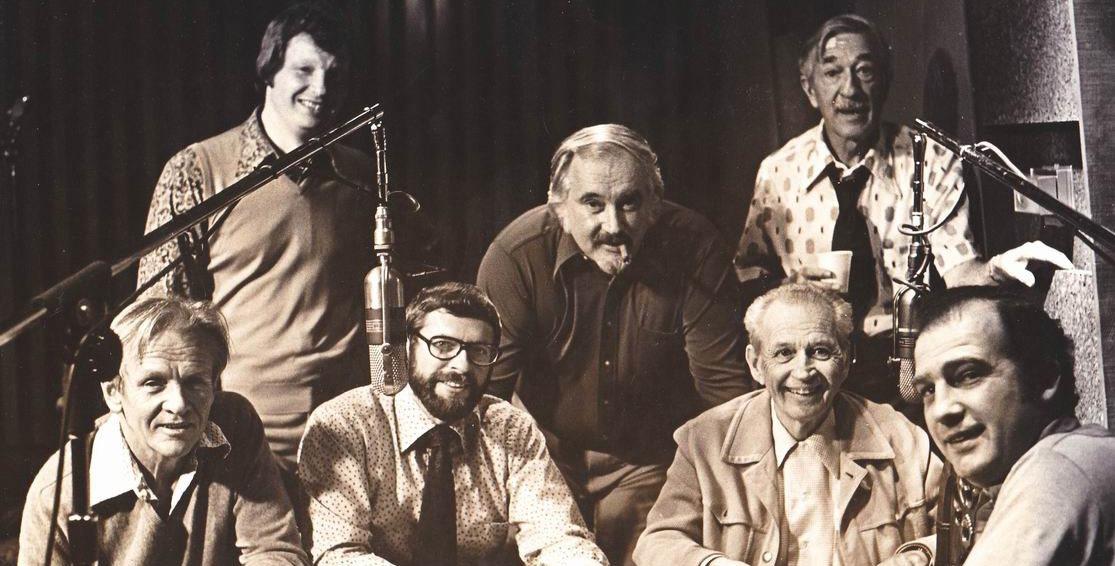 When I was a boy in the 1940s, there was no television. We listened to radio for entertainment and many of the shows were delightful. Back in the Nineties I bought some tapes of some of the shows I used to listen to and found many of them just as much fun as I remembered them. One disappointment was “The Jack Benny Show.”
When I was a boy in the 1940s, there was no television. We listened to radio for entertainment and many of the shows were delightful. Back in the Nineties I bought some tapes of some of the shows I used to listen to and found many of them just as much fun as I remembered them. One disappointment was “The Jack Benny Show.”
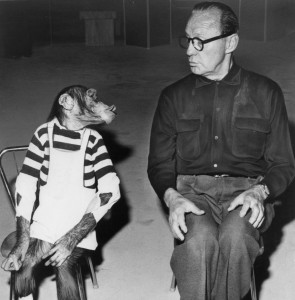 Jack Benny had a giant comic talent and a strong, easily recognized personality and voice. He was the ideal radio comedian. Unfortunately, the show relied too heavily on Jack Benny. It was badly written. It was so badly written that I gave away all of the Jack Benny tapes that I bought. “Fibber McGee and Molly” was different. It was a well-written show and stood the test of time.
Jack Benny had a giant comic talent and a strong, easily recognized personality and voice. He was the ideal radio comedian. Unfortunately, the show relied too heavily on Jack Benny. It was badly written. It was so badly written that I gave away all of the Jack Benny tapes that I bought. “Fibber McGee and Molly” was different. It was a well-written show and stood the test of time.
In the Fifties, American pop culture became insipid. After swing and before rock-and-roll, popular music was mostly gooey, simplistic ballads and idiotic novelty tunes. Insipid sitcoms like “The Donna Reed Show” also sowed the seeds for the rebellion of the Sixties. Radio sitcoms of the Forties, however, were wholesome without being insipid. Their humor came from the flaws, foibles and mistakes of the characters. “Fibber McGee and Molly” was a good example.
Deeply incompetent yet irrepressibly confident in his abilities, McGee was always getting in over his head. Patient, tolerant Molly was the perfect foil for her husband.
McGee—in an attempt to fit the front door on the coldest day of winter—might cut the door off six inches too short. He might catch Old Muley—the biggest bass in Dugan’s lake—one day before the season opened. No matter. Molly’s exasperation never overcame her tolerance. Somehow McGee would, at the last minute, always manage to pull the fat from the fire.
Many of the characters and jokes were “regulars” on the show. You could count on them to appear nearly every week.
McGee had a hall closet that was so crammed with junk that, if someone mistakenly opened the door, everything would fall out with an extended crashing, banging and tinkling that was a sound-effects man’s dream. This joke happened almost every week and was always funny. Far from being boring, the repetitions created continuity and a familiarity that made you feel right at home with the McGees. This joke was so well known that it found its way into the language for a time. Any ungodly household mess was called “McGee’s closet.”
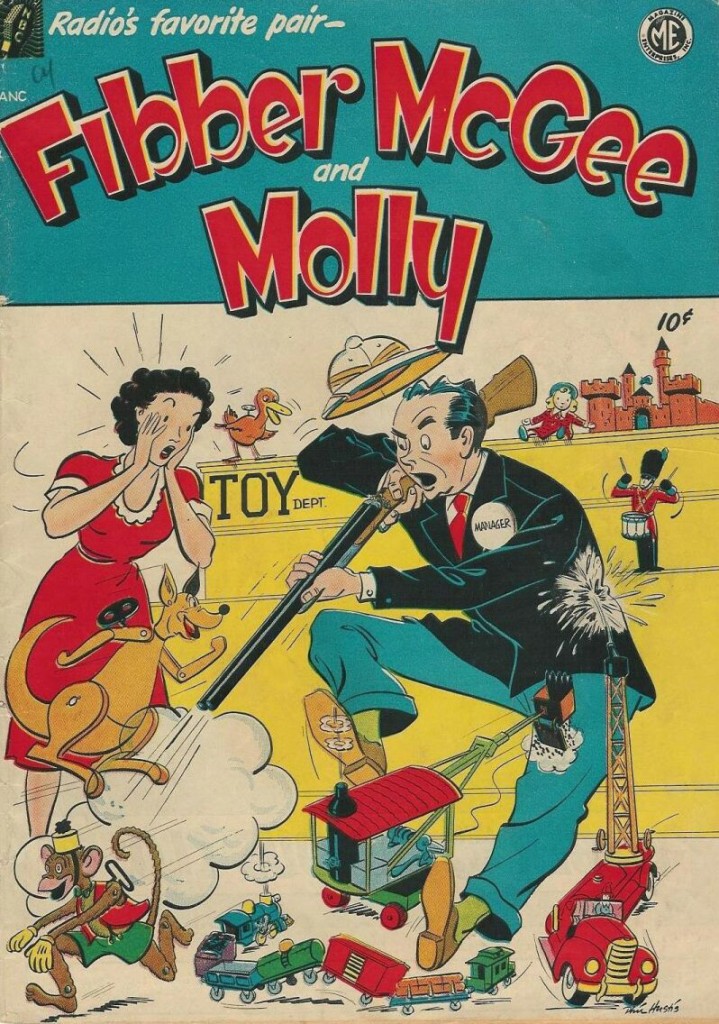 There was another humorous bit that got into the language. The McGees had a friend, a timid, henpecked little man called Mr. Wimple. Every time “Wimp” appeared on the show he would relate some awful story of abuse from his huge, bullying wife, “Sweetieface.” I am sure Mr. Wimple helped the term “wimp” to become a permanent part of the language.
There was another humorous bit that got into the language. The McGees had a friend, a timid, henpecked little man called Mr. Wimple. Every time “Wimp” appeared on the show he would relate some awful story of abuse from his huge, bullying wife, “Sweetieface.” I am sure Mr. Wimple helped the term “wimp” to become a permanent part of the language.
Another situation joke that was always funny happened with Mayor LaTrivia. The McGees would deliberately misunderstand the mayor and stick with the misunderstanding until LaTrivia was totally exasperated and confused.
These repeated humorous situations were written and performed with such skill that they never became tired. Since you knew exactly what was going to happen, you felt included.
The show was spiced up by a very good swing band called The Billy Mills Orchestra. Alas, there was a vocal group called The Kings Men that even the stunning guitar accompaniment of George Van Eps could not save from being corny.
Underneath all the confusion, irritation and mistakes in these shows is the unspoken feeling that all the characters care deeply about each other.
In fact, it is their mistakes that make the characters so human and lovable. The listener is drawn in to a sense of community that is so strong that it feels like being in a big family.
Our little boy, Ben, listens with me to old radio tapes before going to sleep. I love the continuity of his growing up with some of the same warm, funny influences I knew as a boy.
As we listen, the doorbell rings. It’s Mayor LaTrivia. Ben grins at me. He knows exactly what is going to happen!
